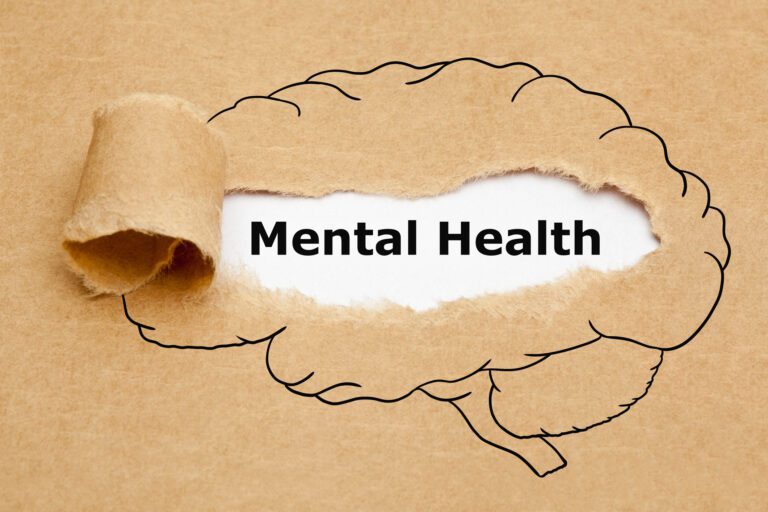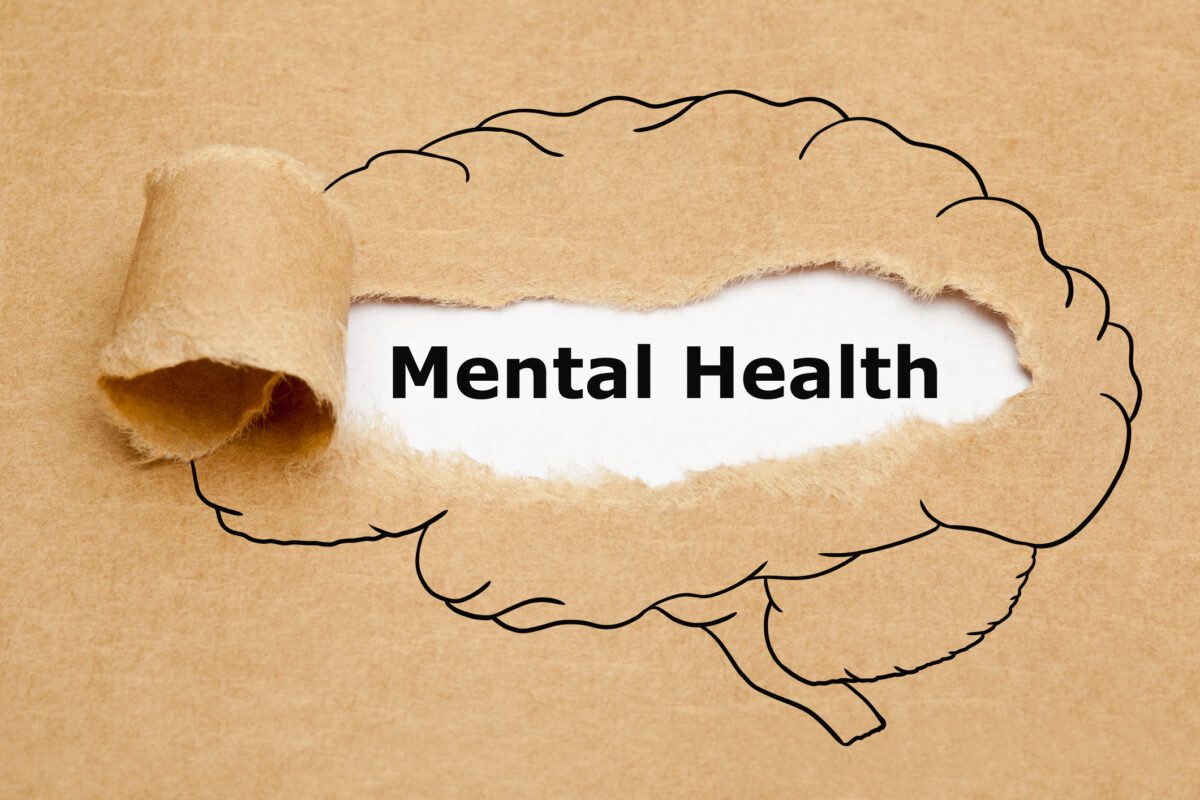It is that familiar time of year when many of my young adult patients are returning
from their summer eating disorder treatment. They find that in working with their
discharge planner, they are now faced with the choice to either go back to college
or take time off for their recovery.
It is an individual decision for each person, but in my own personal experience, I
actually NEVER made the conscious choice to put my recovery first. I continued
to take medical leave from college to go to treatment, then a few months later I
came back to school, and by the next semester I was in treatment again.
I brought my schoolwork with me to the hospital and I refused to surrender,
despite my treatment team’s strong clinical recommendation to take a year off of
school to work on my recovery.
My identity and validation came from my academic achievements, and I was too
scared to let the one thing go that I excelled out. I was constantly fighting the
ultimate challenge of looking within myself and confronting my bulimia. There is a
saying that “whatever you put in front of your recovery, you stand to lose.”
I struggled in and out of treatment from the age of 15 to the age of 30. Today, I
strongly believe that if I made the choice to put my recovery first, I may not have
struggled as long as I did. Unfortunately, I was not willing at the time to put myself
first. It is proven that the longer the stability in recovery, the higher the chance of
success of long-term recovery.
Many eating disorder experts recommend at least six months to one full year of
solid recovery before going back to college. The reality is that attending college
while still struggling with eating disorder thoughts, obsessions, and behaviors will
actually just rob the “normal” college experience that is so desperately desired by
many. Trying to force college too soon is a common cause of relapse, which can
further delay the ability to live a normal life.
I have also learned in recovery, that life is not black or white. There is a way to
find a middle ground. While going away to college may not be possible at the
moment, there are other ways to continue to move forward with one’s academic
goals. Some individuals live at home and take college classes online part time
while spending the remainder of time working on their recovery and seeking
support, in order to one day transition back to the college life on campus.














